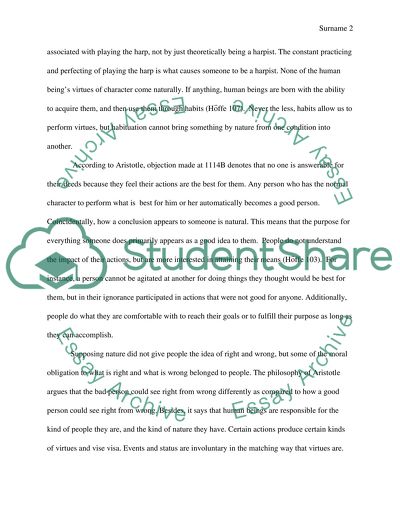Cite this document
(“Aristotle's Responsibility Essay Example | Topics and Well Written Essays - 1500 words”, n.d.)
Aristotle's Responsibility Essay Example | Topics and Well Written Essays - 1500 words. Retrieved from https://studentshare.org/philosophy/1617439-aristotles-responsibility
Aristotle's Responsibility Essay Example | Topics and Well Written Essays - 1500 words. Retrieved from https://studentshare.org/philosophy/1617439-aristotles-responsibility
(Aristotle'S Responsibility Essay Example | Topics and Well Written Essays - 1500 Words)
Aristotle'S Responsibility Essay Example | Topics and Well Written Essays - 1500 Words. https://studentshare.org/philosophy/1617439-aristotles-responsibility.
Aristotle'S Responsibility Essay Example | Topics and Well Written Essays - 1500 Words. https://studentshare.org/philosophy/1617439-aristotles-responsibility.
“Aristotle'S Responsibility Essay Example | Topics and Well Written Essays - 1500 Words”, n.d. https://studentshare.org/philosophy/1617439-aristotles-responsibility.


